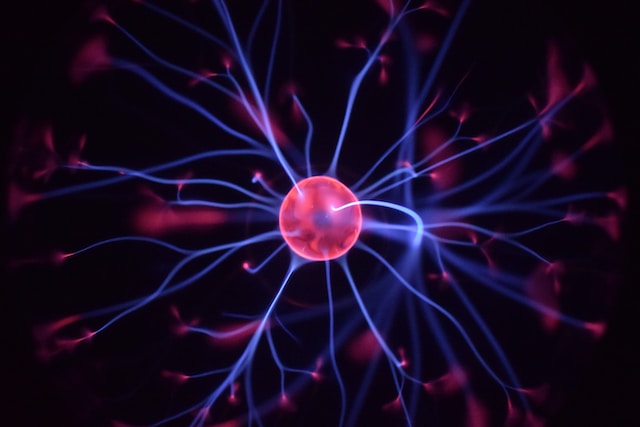Neurofeedback for Attention-deficit/hyperactivity disorder (ADHD) has emerged as a groundbreaking therapeutic approach, revolutionizing the way experts understand and address the challenges faced by individuals with ADHD. This article will cover the remarkable world of neurofeedback and its profound impact on ADHD, shedding light on how it can enhance peak performance, promote emotional regulation, and support individuals on the autism spectrum.

Neurofeedback for Peak Performance
In today’s fast-paced world, achieving peak performance is a coveted goal for many. However, individuals with ADHD often face unique challenges in reaching their full potential due to difficulties with attention, focus, and impulse control. Fortunately, neurofeedback offers an innovative solution by providing real-time information about brain activity and guiding individuals to self-regulate their neural patterns. Neurofeedback for ADHD empowers individuals on the spectrum by training the brain to improve cognitive functions, unlock their hidden abilities, enhance concentration, and optimize their performance in various domains.
Neurofeedback for Emotional Regulation
Emotional regulation is vital to one’s overall well-being and ability to navigate life’s challenges. Individuals with ADHD often struggle with emotional dysregulation, experiencing heightened reactivity, impulsivity, and difficulty in managing stress due to a combination of factors related to their neurobiology and cognitive functioning. It is also characterized by difficulties in executive functioning, which includes the ability to regulate emotions effectively. The prefrontal cortex, responsible for executive functions such as impulse control and emotional regulation, may exhibit atypical activation and connectivity patterns in individuals with ADHD.
Neurofeedback empowers these individuals by fostering self-awareness and providing tools to regulate emotional responses. Neurofeedback for ADHD targets specific brain regions associated with emotional processing, facilitating emotional regulation and resulting in improved self-control, reduced impulsivity, and enhanced emotional resilience.
Neurofeedback for Autism Spectrum Disorder
Autism Spectrum Disorder (ASD) comprises a wide range of neurodevelopmental conditions that affect social interaction, communication, and behavior. Many individuals on the autism spectrum also experience comorbidities such as ADHD. Neurofeedback has also emerged as a promising therapeutic approach for individuals with ASD, as it addresses core challenges associated with attention deficits, sensory sensitivities, and executive functioning. Similarly, neurofeedback for ADHD promotes neural connectivity and enhances self-regulation, providing new avenues for individuals with ADHD to improve attention, reduce anxiety, and enhance social interaction skills.
Empowering ADHD With Neurofeedback
Neurofeedback at Emerald Coast Neurofeedback in Pensacola, Florida, brings forth transformative possibilities for individuals with ADHD. By harnessing the power of neuroplasticity, this innovative therapy empowers individuals to reshape their neural pathways, leading to improved focus, emotional regulation, and overall well-being. Through our exploration of neurofeedback for peak performance, emotional regulation, and autism spectrum disorder, only the surface of its vast potential has been scratched.
Discover the power of neurofeedback for ADHD and embark on a journey of improved cognitive function, emotional regulation, and overall well-being. Are you ready to unleash your full potential and reclaim control over your ADHD? Take the first step towards transformative change by contacting Emerald Coast Neurofeedback in Pensacola, Florida, today! Contact us now for a free consultation!
Emerald Coast NeuroFeedback
310 E Government St Suite D2, Pensacola, FL 32502, United States
Phone: +18509771287
